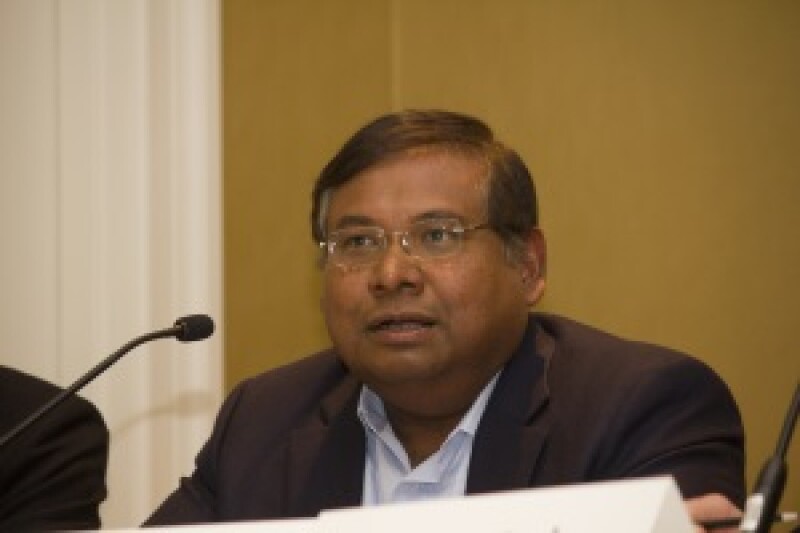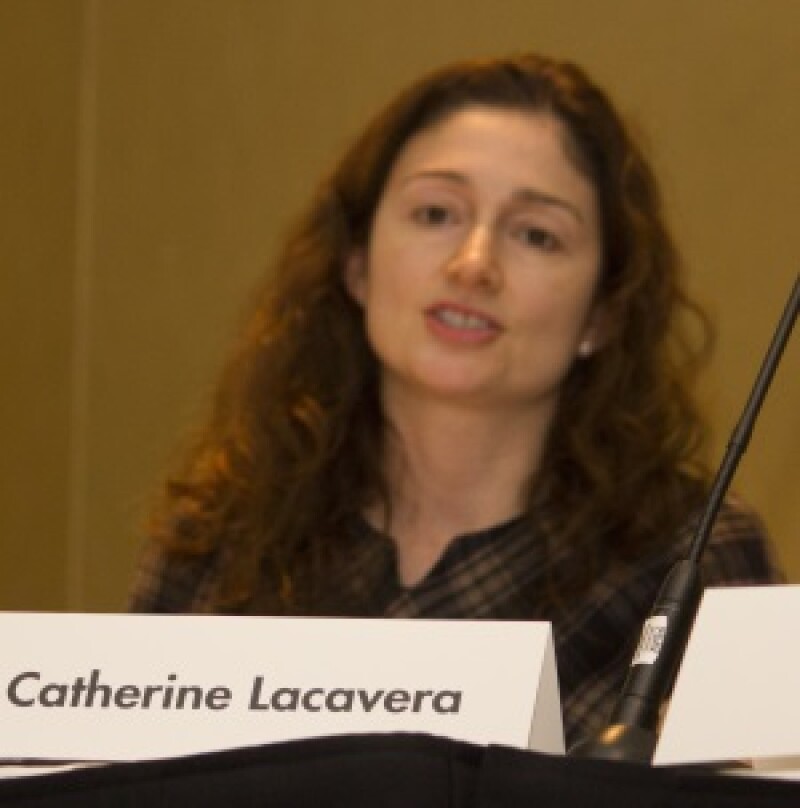It is going to happen

For IP owners and their advisers in jurisdictions thousands of miles away from Paris, Munich and Germany, the Unitary Patent and the Unified Patent Court may be rather abstract propositions that seem a long way off – in terms of both geography and time. But they will happen, warned Alexandra BrodieofWragge Lawrence Graham & Co. “Even if you decide not to join, you need to make a conscious decision,” she said.
US companies need to think about the implications - now
In-house speakers from US companies were frank about their need to understand more about what European patent reform will mean for their businesses. “I like the idea of the UPC,” said Leah Poynter, director of IP litigation at Cisco, “but it is not at the forefront of our thinking like it should be.”
Consider whether you can afford an injunction
Some speakers in San Jose stressed the importance of being able to post a bond in the event that they persuade judges in the Unified Patent Court system to grant an EU-wide injunction. “The UPC is likely to offer real cost efficiencies,” said Katy Motiey, chief legal officer of Spansion. “But you need to consider the cost implications of getting an injunction – a plaintiff may need to pony up a serious amount of money. It will change your strategy if you can’t enforce the injunction.”
Trolls are looking at their trans-Atlantic options

The prospect of EU-wide injunctions could see a flurry of lawsuits being filed at the UPC by non-practising entities once the Court is open for business. No-one is quite sure how the new system will be used by patent trolls (or, indeed, what kinds of plaintiffs should be regarded as trolls), but a number of the speakers noted that trolls thrive when they can leverage legal uncertainty. As yet unanswered questions about costs, and the likelihood of bifurcation and the chances of being granted an injunction will all add to uncertainty in the run up to, and in the early years, of the Court’s operation.
Subroto Bose, IP counsel of Altera Corporation (above right), noted that many of the NPEs his company has dealt with have bought portfolios of patents that include some European patents as well as the US ones that they assert before the US courts. “They might have got the EU patents cheap,” he said. “Now they might put them to play at the UPC. They don’t have much to lose and they’ll see what happens to them.”
The degree to which the UPC requires plaintiffs to front-load their cases will have an impact on the numbers of lawsuits filed by NPEs, suggested some of the speakers. William Cook of Marks & Clark compared China – where cases need to be ready to go before the plaintiff files a lawsuit and where judgment is often reached within six months – with the UK, where front-loading is almost non-existent. “A plaintiff can say ‘here’s my product, your product infringes it and I want an injunction’ and file it in about 30 minutes,” he said. The level of preparation plaintiffs will be required to make before the UPC could deter trolls.
“Hearing about front-loading is encouraging,” said Isaac Peterson, director of litigation and IP at Netflix. “Anything to avoid the havoc wreaked by NPEs in the US is helpful.”
Forum shopping may resemble US practice
“The promise of a harmonised, one-stop shop system is wonderful,” said Catherine Lacavera (above left), director of litigation at Google. “I have been incredibly impressed with the thoughtfulness of the building work that has gone into it. But forum shopping between courts in the system is inevitable.”
You can read more of the takeaways from Managing IP’s events on the UPC and the Unitary Patent in Paris and Munich in September.









